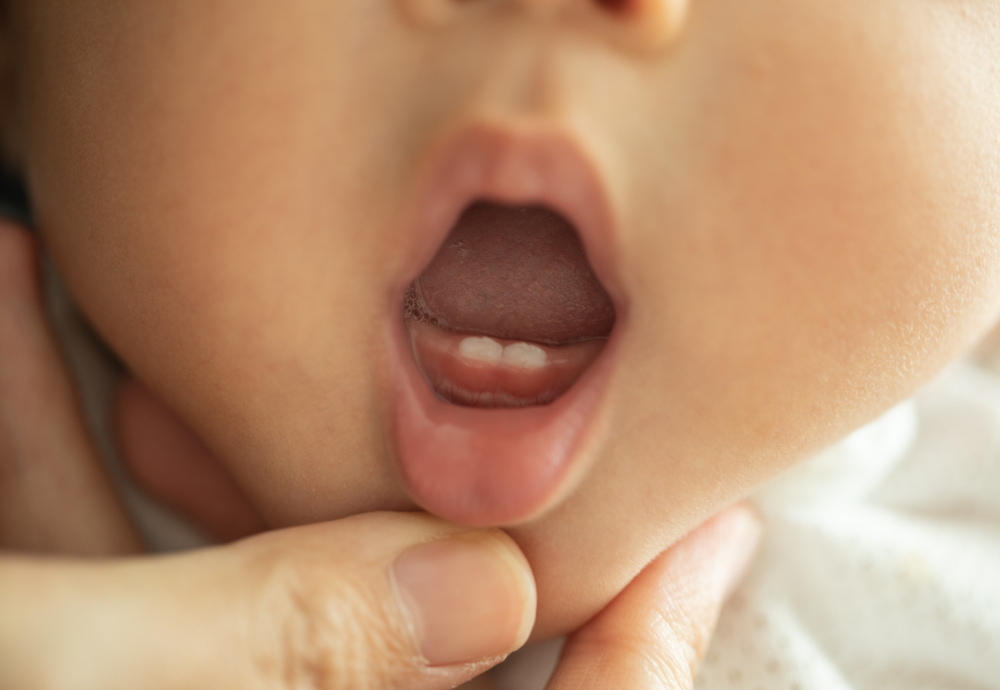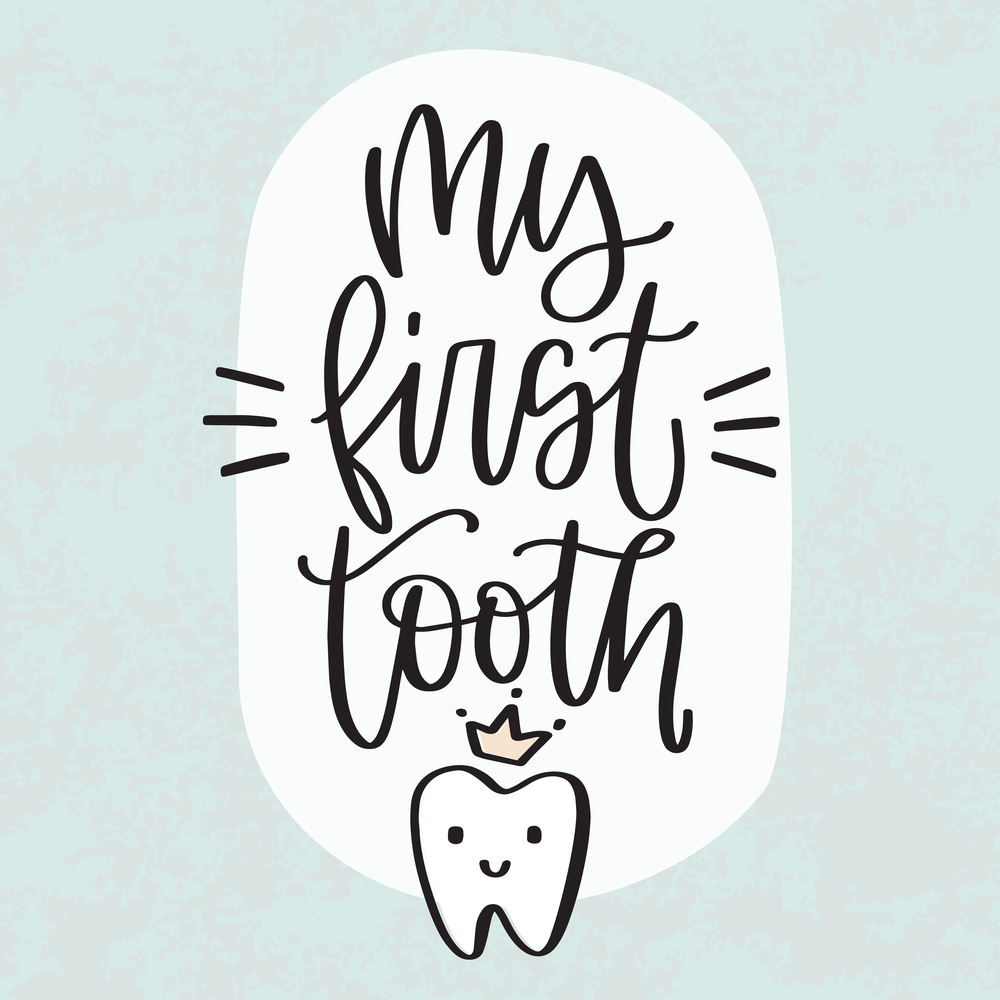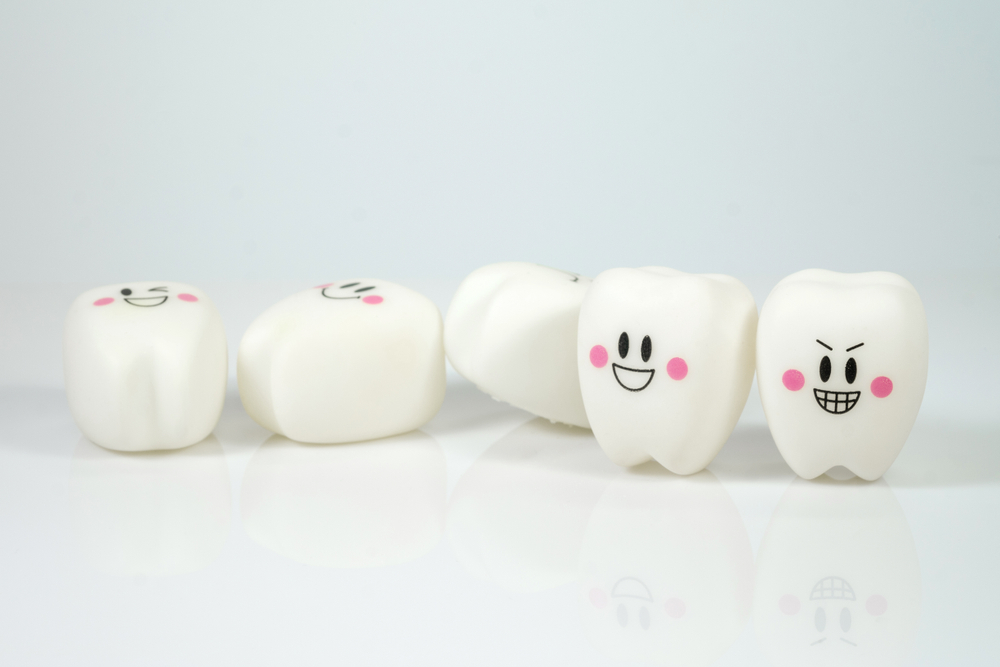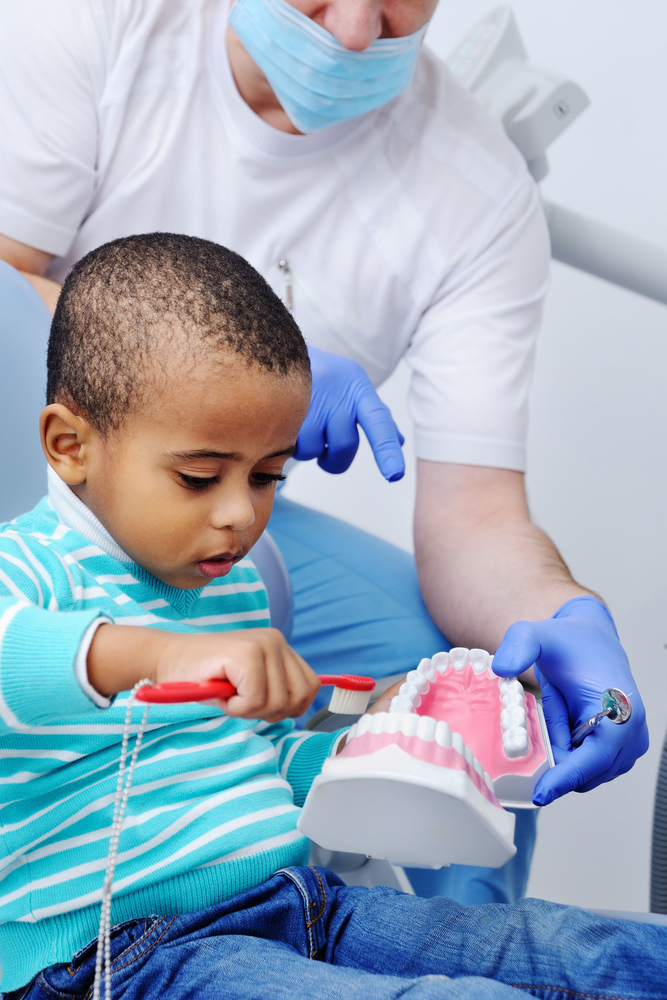Growth is an essential part of life. To continue living, you must keep growing. This growth may come in form of addition such as height, weight, new tooth, or removal such as losing teeth. Yes, you read that right. When your child loses his or her teeth at the right time, it is a sign that he or she is growing.
Your child’s teeth would have started growing when he or she was between six to twelve months old. This will continue until around two to three years and at this stage, about twenty primary or milk teeth would have grown. However, as your child continues to grow, he/she gets to lose all of these teeth.

Why do children lose their teeth? When do they start losing them? How long will it take to grow a new one? Do they need to see a pediatric dentist once they lose their teeth? These and many more questions will be answered as you read through this article.
Don’t Stop Reading.
Table of contents
- Why Do Children Lose Their Teeth?
- When Do Children Start Losing Their Milk Teeth?
- In What Order do Children Lose Their Teeth?
- How Long Does a Loose Tooth Take to Fall Out?
- If Your Child’s Tooth is Not Falling Out, What Can You Do?
- Now That Your Child’s Tooth Has Fallen Out, What Should You Do?
- When To Visit the Dentist
- Extra Tips
Why Do Children Lose Their Teeth?
Children lose their teeth because the adult or permanent teeth have started growing underneath them. This adult tooth pushes the primary tooth up so that more space will be created for it to grow in.

When Do Children Start Losing Their Milk Teeth?
Now that your child has grown all the 20 primary teeth, you’re probably wondering when he/she will start losing them and grow the adult ones instead.
Most children start losing their milk teeth when they are five or six years old. In most cases, this will last for another three years. Therefore, by the time your child is eight or nine years, all the milk teeth would have been extruded.
The process of growing the permanent teeth is a rather slow one, and by the time your child is done, they would have extra teeth. Of course, for most people, milk teeth are 20 and permanent teeth are 32.
This means your child will be growing 12 new ones! By the teenage years, the permanent teeth should have been completely grown.
In What Order do Children Lose Their Teeth?
Usually, your child will lose his or her teeth in the order in which they appeared.

Most likely, the two lower midline teeth (i.e., the lower central incisors) appeared first, so one of them will be the first to go. This will be followed by the upper midline teeth (i.e., the upper central incisors). This is then followed by the lateral incisors, and then the first and second molars. If by chance the child feels pain, teething pills might be necessary.
How Long Does a Loose Tooth Take to Fall Out?
A loose tooth does not mean the tooth will fall out immediately. Your child might have been anticipating this, but you need to let him or her know that it may still take a little while for the tooth to eventually fall out and another one to come up.
There is no set time for the tooth to fall off after it has become loose. It can be in days or as long as weeks. No matter how long it takes, make sure your child is not forcefully taking the tooth out.
Once the tooth falls off, your child has to wait for another long period of time for the permanent tooth to come up.
If Your Child’s Tooth is Not Falling Out, What Can You Do?
Try and remember when your child’s first tooth appears. Some children got theirs early at about 6 months, while some got theirs late, at about 12 months. If your child’s first tooth appeared late, don’t worry. It will also take a while before they lose their first tooth too.
However if by 7 years of age, your child still has all milk teeth in place, you may need to see a dentist.
Now That Your Child’s Tooth Has Fallen Out, What Should You Do?
If this is the first tooth your child is losing, I think you need to celebrate!
Losing a tooth can be so much fun for a child. You can even take some pictures to preserve the memory. If your child seems to be a bit nervous, you need to reassure him or her that everything is going to be okay. In fact, a new tooth will grow soon.
Once the tooth is removed, clean and sanitize your child’s mouth. If there was a little blood when the tooth came out, you can encourage them to gargle some salt water.
You also need to encourage them to maintain good oral hygiene. At the time when the tooth just fell off, the gum will be very sensitive, and vigorous brushing can cause irritation to the gum. So, remind your child to be gentle while brushing.
Now that your child has started losing the primary teeth, it is a good time to reiterate to them the need and importance of good oral hygiene.
When To Visit the Dentist
Your child should have had his or her first visit to the dentist at the age of one. After that time, you can see the dentist every 6 months. This is just to be sure that nothing is going wrong.
When your child loses the first tooth, you should also make an appointment with the doctor, especially if you have more concerns.

You should also see your doctor if your child is over 7 years and has not started losing the milk teeth.
If your child is not growing another tooth after more than a year of losing the first one, you should also see your doctor. Read our article on how to brush baby’s teeth
Extra Tips
Good oral hygiene is very important as soon as your child starts growing milk teeth. When they start losing it, try as much as possible to reiterate and inculcate in them proper oral hygiene. Some of these practices include:
- Brushing twice daily. You can supervise this to be sure they are doing it well. Offer help if need be.
- Eating a healthy diet. Limit intake of sugar-rich substances and beverages.
- Making regular visits to the dental clinic.
With these in place, you can be sure that your child’s permanent teeth will last a lifetime. Read about our article on tooth eruption and eruption cyst in babies.
References
Georgia Ntani, Peter F Day, Janis Baird, Keith M Godfrey, Sian M Robinson, Cyrus Cooper, Hazel M Inskip, and the Southampton Women’s Survey Study Group. Maternal and early life factors of tooth emergence patterns and number of teeth at one and two years of age. J Dev Orig Health Dis. 2015 Aug; 6(4): 299–307.

